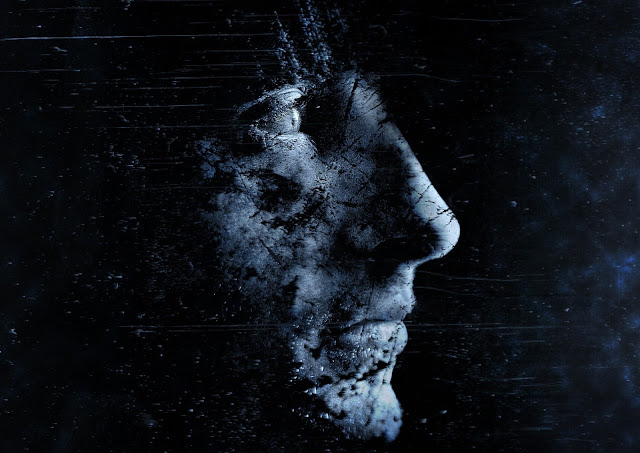The Sociological Imagination
“Neither the life of an individual nor the history of a society can be understood without understanding both.”
In chapter one: The Promise, C. Wright Mills has situated the ‘troubles’ and ‘issues’ that burden man and his world. As he identifies the problem, Mills is able to set an impetus for a better world – even it is yet to be realized. A better world has always been the goal, or is it? History proves that humanity tried and failed; history then teaches the posterity to try again. One has to understand the significance of learning from history and applying certain changes personally for the dream to materialize. It takes a personal evaluation for a collective salvation. Man cannot be isolated from society as a society cannot isolate man from it. And grasping this idea, recognizing the relations between time and people, and being aware of the mechanisms of societal structures and individual dispositions are what drive the sociological imagination.
As a premise, the already-limited man becomes more restricted when placed in a system made by man. The institutions borne by the established structures both stimulate and inhibit people. The society gives man a role, but it also imprisons man to his role. This implicates the passiveness or activeness of an individual in fulfilling his purpose in life. The system then awaits chaos, and by chaos, I mean the attempt to break free. Those who see the bars either remain inside or dare to go beyond the line; this is what separates people. Contextually, the disparity between ideologies of the old and the young is pervasive and impactful.
As a premise, the already-limited man becomes more restricted when placed in a system made by man. The institutions borne by the established structures both stimulate and inhibit people. The society gives man a role, but it also imprisons man to his role. This implicates the passiveness or activeness of an individual in fulfilling his purpose in life. The system then awaits chaos, and by chaos, I mean the attempt to break free. Those who see the bars either remain inside or dare to go beyond the line; this is what separates people. Contextually, the disparity between ideologies of the old and the young is pervasive and impactful.
In the Philippine government, traditional politicians hold power and such power perpetuates their personal leanings which greatly affect the society and its people. These politicians are abhorred by those who recognize their failures to comprehend the problems of society, let alone address them. This is where activists enter; they take part in realizing the sociological imagination. What others can’t see or deny, they recognize and reveal. Since the sociological imagination sets an attitude toward an ideal society where people have the capacity to identify relations among structures and individual milieu, it is only when this is understood that man and society can be lifted from the burdens they themselves have created!
SOC SCI 1 Foundation of Social Science
21 January 2020
SOC SCI 1 Foundation of Social Science
21 January 2020
Reflection Paper
The Sociological Imagination by C. Wright Mills (Chapter One: The Promise)
If you like reading this, see Social Justice
If you like reading this, see Social Justice










Comments
Post a Comment